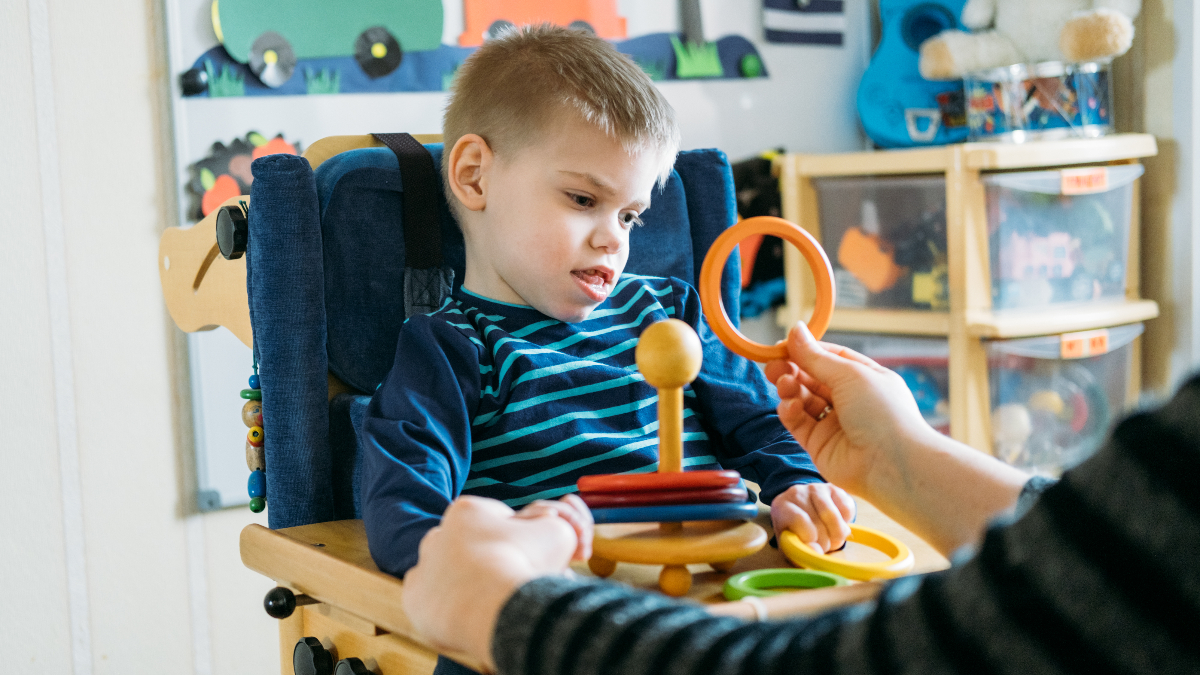
Autism is a developmental disorder that causes problems with social interaction, communication, and behavior. The rate of autism has risen dramatically in recent years, but most experts think it’s because we are better at diagnosing it than before. Mental health professionals agree that there is no single cause for autism, but they do know how to diagnose and treat this condition. Here are seven important steps you can take if your child has been diagnosed with autism:
1) Create A Routine
Children on the spectrum (autistic kids) often need structure and discipline to keep their days on track. Creating a routine will give your autistic child the sense of stability and security that he or she needs. Autistic children like to know what to expect on a given day. With proper structure, your child can make a smooth transition from one activity to the next. Also, when it comes to a daily routine it is especially important that you do not change their daily routine. If your child is accustomed to taking a bath at 6 p.m., then don’t change that time. Having a routine in place helps them so that they know what to expect from one day to the next. You can read more from the Autism Parenting Magazine on routines and why they are so important. Knowing how to read and interact with your child is very important and routine is one of the key parts.
2) Visual Schedules
Visual schedules are also an essential part of routines because they can prepare your child for transitions throughout the day (for example, bath-time, snack time). You should also make the day more predictable by structuring it into blocks of specific activities, separated by breaks for meals and other needs. Fill these time blocks with activities to keep your child busy and engaged. You can use visual tools like pictures or colorful symbols to mark activities on the schedule, which will help your child communicate what they need to know for each block. For example, for the “get-dressed” block you can show your child a picture of clothes or write the word on the schedule.
3) Provide Consistent Communication
Autistic children often have language delays and trouble interpreting body language. It is important for parents of autistic kids to develop strategies that communicate effectively with their children through spoken language, touching, and eye contact. Parents should also teach their kids to interpret expressions and other nonverbal cues. You can do this by providing a consistent stream of communication to your autistic child that includes touching, tone of voice, body language, and symbolic tools like visual schedules mentioned earlier. You can also try to communicate with him/her through sign language because children on the autism spectrum often respond to sign language much better than spoken words.
4) Remove Distractions
Many autistic children have a high level of sensitivity to sound, sight, and other sensory stimuli. To provide a calm environment for your autistic child, you should remove all kinds of distractions from the places where he or she works, plays, and sleeps. You can also buy adaptive devices that can help reduce unwanted noise. Also, try to use neutral colors, avoid wearing strong fragrances, and keep your child’s room tidy. You will see what stuff represents distractions for your child based on his/her behavior. For example, see if he/she reacts to loud noises or visual triggers.
5) Create A Reward System
Many autistic children love predictability and they like when everything is in routine, but it can be challenging to keep their attention and motivation over time. To keep your child engaged in his or her learning goals you should create a system of rewards with consistently displayed positive reinforcement. This will encourage them to stick with tasks for longer periods of time. The best rewards for autistic kids are those that they can actually see and touch, like stickers, trophies, candies, or other small trinkets. It is also a good idea to ask their therapist for some reward ideas if you have one in place.
6) Take Care Of Yourself
Being a parent of an autistic child is very challenging and it takes a lot out of you, so even though your kid needs you more than anything in the world, do not forget to take care of yourself by going on with your regular routine. It is important to have a little bit of time for yourself, even if that is just going to the bathroom and reading a magazine. You should also try not to get upset or frustrated when you can see your kid struggling with learning something new. It is understandable if you feel this way sometimes because it’s hard work, but try to find help from other people, such as parent support groups or talk to a mental health specialist. You can also try some relaxation techniques, like yoga or meditation.
7) Educate Yourself More
Raising a child with autism spectrum disorder is not easy, but you need to know the right things about the condition. There are many resources where you can learn more about autism. Your child’s pediatrician should be able to assist in finding information about this condition. You can also find reliable resources that provide information on autism at websites, online lectures, and books. Just make sure that the sources you consult are reliable and credible. Knowing more about autism spectrum disorder will help you get a better idea of how to handle your child, what his/her limitations are, and what the things that he or she can do. You should also not shy away from talking to other parents of autistic children because they have been in the same situation as you and they know best about dealing with this condition.
Raising a child on the autism spectrum can be challenging, but it is also an opportunity. There are many things that parents can do to help their children and themselves create a healthy life together. Hopefully, these seven practical tips will help you. Good Luck!




